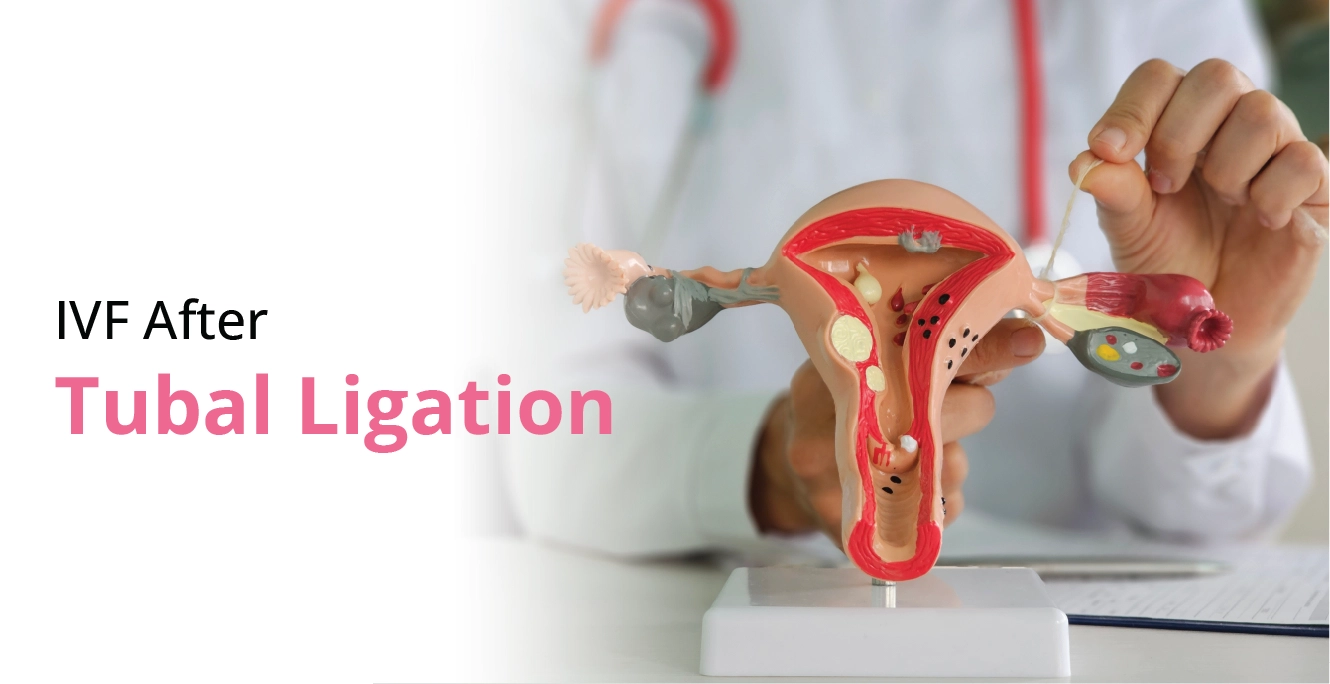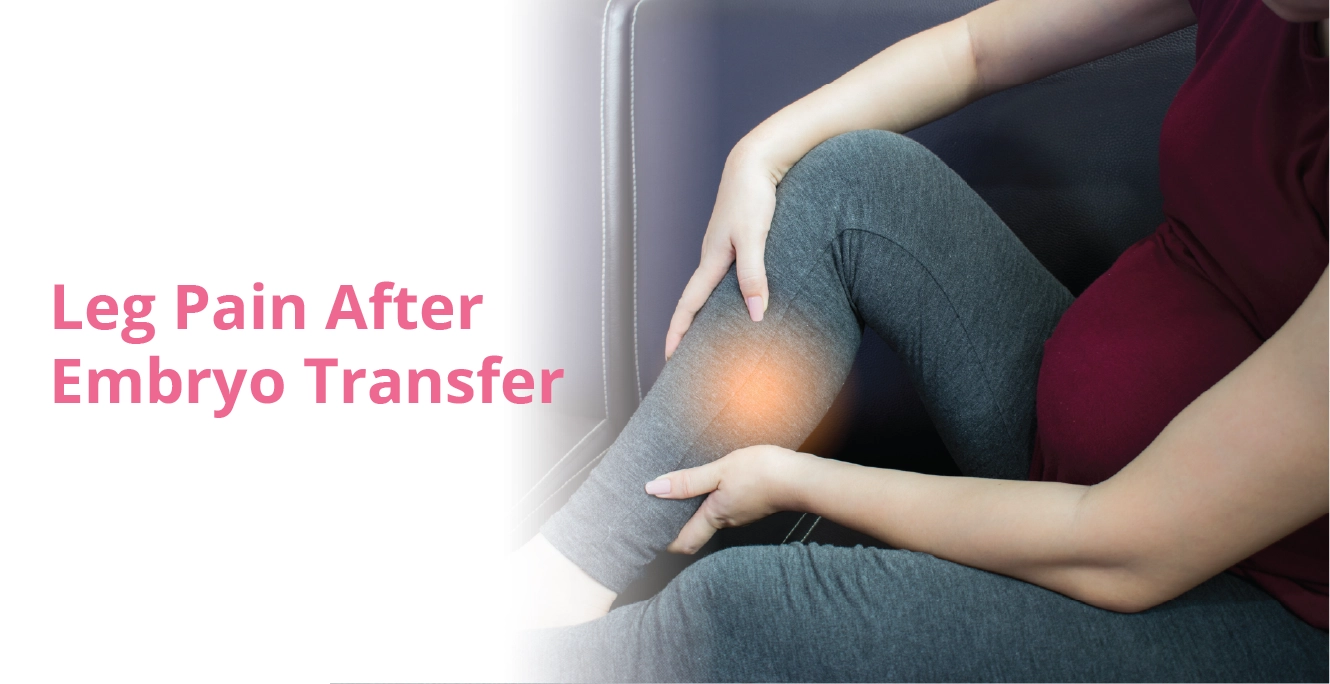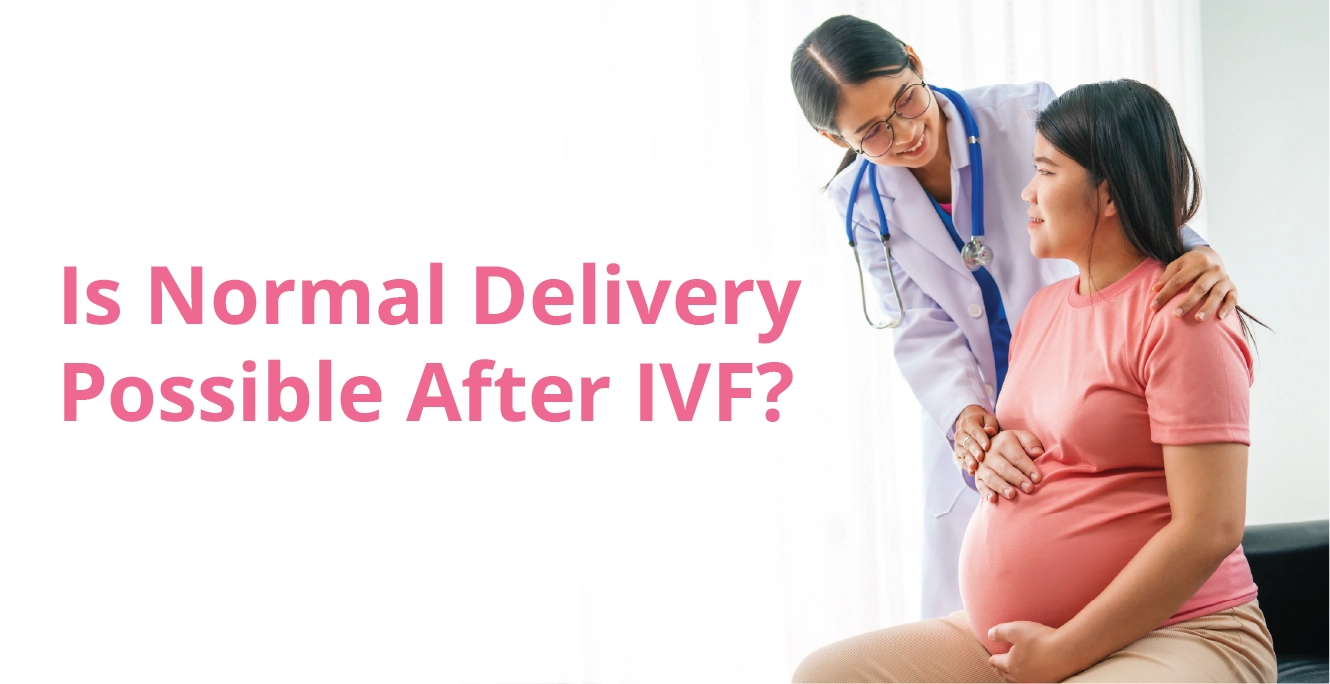
What are the Types of IVF Treatments

Table of Contents
Key Takeaways
-
There are several types of In Vitro Fertilisation (IVF), including traditional IVF, ICSI, frozen embryo transfer, egg donation IVF, gestational carrier IVF, natural cycle IVF, and minimal stimulation IVF.
-
Each type has specific advantages and is tailored to individual medical needs and preferences, such as the cause of infertility, age, and overall health.
-
The success rate and cost of IVF vary depending on the type and individual circumstances.
-
Consulting with a fertility specialist helps determine the most appropriate IVF method for achieving a successful pregnancy.
When you’re struggling to conceive, exploring various fertility treatments can feel like navigating a maze of unfamiliar terms and procedures. One of the most well-known assisted reproductive technologies is In Vitro Fertilisation (IVF), but did you know that there are actually several different types of IVF? Each type has its own unique characteristics, benefits, and success rates. In this comprehensive guide, we will break down the various different forms of IVF to help you better understand your options and make an informed decision on your fertility journey.
Milestone Moment!
Over 8 million babies have been born through IVF since 1978, making it a highly effective form of assisted reproductive technology. This incredible milestone highlights the significant impact IVF has had on helping individuals and couples achieve their dreams of parenthood.
Types of IVF
Traditional IVF
Traditional IVF is the most common type. It involves stimulating the ovaries with hormone injections to produce multiple eggs, which are then retrieved and fertilised with sperm in a laboratory. The resulting embryos are monitored for growth and eventually transferred to the uterus. This method is widely used for various fertility issues and has the highest success rates among IVF treatments.
|
Ideal Candidates |
Benefits |
Success Rates |
|---|---|---|
|
Couples with unexplained infertility |
Well-established method |
Varies by age and other factors |
|
Women with blocked fallopian tubes |
Can address multiple fertility issues |
Typically 40-50% per cycle for women under 35 |
|
Those who have not succeeded with less invasive treatments |
Higher success rates than natural conception |
Decreases with age (e.g., 15-20% per cycle for women over 40) |
Intracytoplasmic sperm injection
Intracytoplasmic Sperm Injection Treatment (ICSI) is a specialised form of IVF where a single sperm is injected directly into an egg to facilitate fertilisation. This method is particularly useful for male factor infertility, such as low sperm count or poor sperm motility.
- Ideal for men with severe sperm issues
- Enhances fertilisation rates compared to traditional IVF
- Often used when previous IVF cycles have failed owing to poor fertilisation
Frozen embryo transfer
Frozen Embryo Transfer (FET) involves using embryos that were created during a previous IVF cycle and have been cryopreserved (frozen) for later use. These embryos are thawed and transferred to the uterus during a subsequent cycle. The benefits of FET include:
- Allows the body to recover after egg retrieval
- Cost-effective, as it utilises previously created embryos
- Offers flexibility in timing for the embryo transfer
- Has success rates comparable to fresh embryo transfers
Egg donation IVF
Egg donation IVF uses eggs provided by a young, healthy donor (usually under 35 years old) rather than the intended mother’s own eggs. This type of IVF is often recommended for women with poor egg quality, advanced maternal age, or genetic concerns.
- Increases success rates for older women or those with diminished ovarian reserve
- Allows for genetic screening of the donor to reduce the risk of inherited disorders
- Provides an option for women who cannot produce viable eggs themselves
Gestational carrier IVF
Gestational carrier IVF, also known as surrogacy, involves using a gestational surrogacy to carry the pregnancy. The embryo is created using the intended parents’ or donors’ eggs and sperm but is implanted into the surrogate’s uterus. Consider gestational carrier IVF if:
- You have uterine abnormalities or have had a hysterectomy
- You have a medical condition that makes pregnancy unsafe
- You are a same-sex male couple or a single male
Natural cycle IVF
Natural cycle IVF relies on the natural selection of a single egg during a woman’s menstrual cycle, without the use of hormone stimulation. The egg is retrieved and fertilised, and the resulting embryo is transferred to the uterus.
|
Pros |
Cons |
|---|---|
|
Avoids risks associated with hormone injections |
Lower success rates per cycle |
|
Minimally invasive and less expensive |
May require multiple cycles to achieve pregnancy |
|
Ideal for women who prefer a drug-free approach |
Not suitable for all patients (e.g., those with irregular cycles) |
Minimal stimulation IVF (Mini IVF)
Minimal stimulation IVF, also known as Mini IVF, uses lower doses of fertility medications to stimulate the ovaries compared to traditional IVF. This approach aims to retrieve a smaller number of high-quality eggs. The benefits of Mini IVF include:
- Reduces the risk of ovarian hyperstimulation syndrome (OHSS)
- More affordable than traditional IVF owing to lower medication costs
- Gentler on the body, with fewer side effects from fertility drugs
- May be preferred by women who have had adverse reactions to fertility medications
Different IVF protocols
IVF protocols vary based on the type of IVF chosen and the individual’s fertility needs. The three main protocols are:
- Conventional stimulation protocol: Uses stronger doses of ovary-stimulating medications to produce multiple eggs.
- Minimal stimulation protocol: Uses lower doses of medications to produce fewer but higher-quality eggs.
- Natural cycle protocol: No fertility drugs are used, relying on the natural production of a single egg per cycle.
Your fertility specialist will work with you to determine the most appropriate protocol for your unique situation.
Who is IVF recommended for?
IVF may be recommended for individuals or couples facing various fertility challenges, such as:
- Fallopian tube damage or blockage
- Ovulation disorders
- Endometriosis
- Uterine fibroids
- Previous tubal sterilisation or removal
- Impaired sperm production or function
- Unexplained infertility
- A genetic disorder
- Fertility preservation for cancer or other health conditions
Success Rates of Different Types of IVF
The success rates of IVF vary depending on several factors, including:
- Age of the woman
- Cause of infertility
- Type of IVF procedure used
- Quality of the eggs and sperm
- Expertise of the healthcare professionals in the fertility clinic
In general, women under 35 have the highest success rates with IVF, while those over 40 have lower chances of achieving a successful pregnancy. It’s important to discuss your individual situation with a fertility specialist to get a realistic idea of your expected success rates.
How We Can Help on Your Fertility Journey
At Birla Fertility & IVF, we understand that navigating the world of fertility treatments can be challenging. Our compassionate team of experts is here to guide you every step of the way, from initial consultation to post-treatment support. We offer a wide range of IVF options to suit your unique needs and preferences, and we use the latest technologies and techniques to maximise your chances of success.
If you’re struggling to conceive and wondering if IVF might be right for you, we encourage you to schedule a consultation with one of our fertility specialists. Together, we can develop a personalised treatment plan to help you achieve your dream of starting or growing your family. If you have questions about the different types of IVF procedures or would like to schedule a consultation with one of our fertility specialists, please don’t hesitate to contact us. We are here to help you achieve your dream of parenthood.
A Word from the Expert
“IVF has helped countless individuals and couples overcome fertility challenges and experience the joy of parenthood. With advancements in assisted reproductive technologies, there are now several types of IVF available, each with its own unique benefits. By understanding these different options, you can make an informed decision about which approach may be best suited for your specific situation. That’s why it’s so important to work closely with a trusted fertility specialist who can guide you through the process and help you achieve your dream of building a family.”~ Lipsa Mishra
Our Fertility Specialists
Related Blogs
To know more
Birla Fertility & IVF aims at transforming the future of fertility globally, through outstanding clinical outcomes, research, innovation and compassionate care.
Had an IVF Failure?
Talk to our fertility experts

 Our Centers
Our Centers













